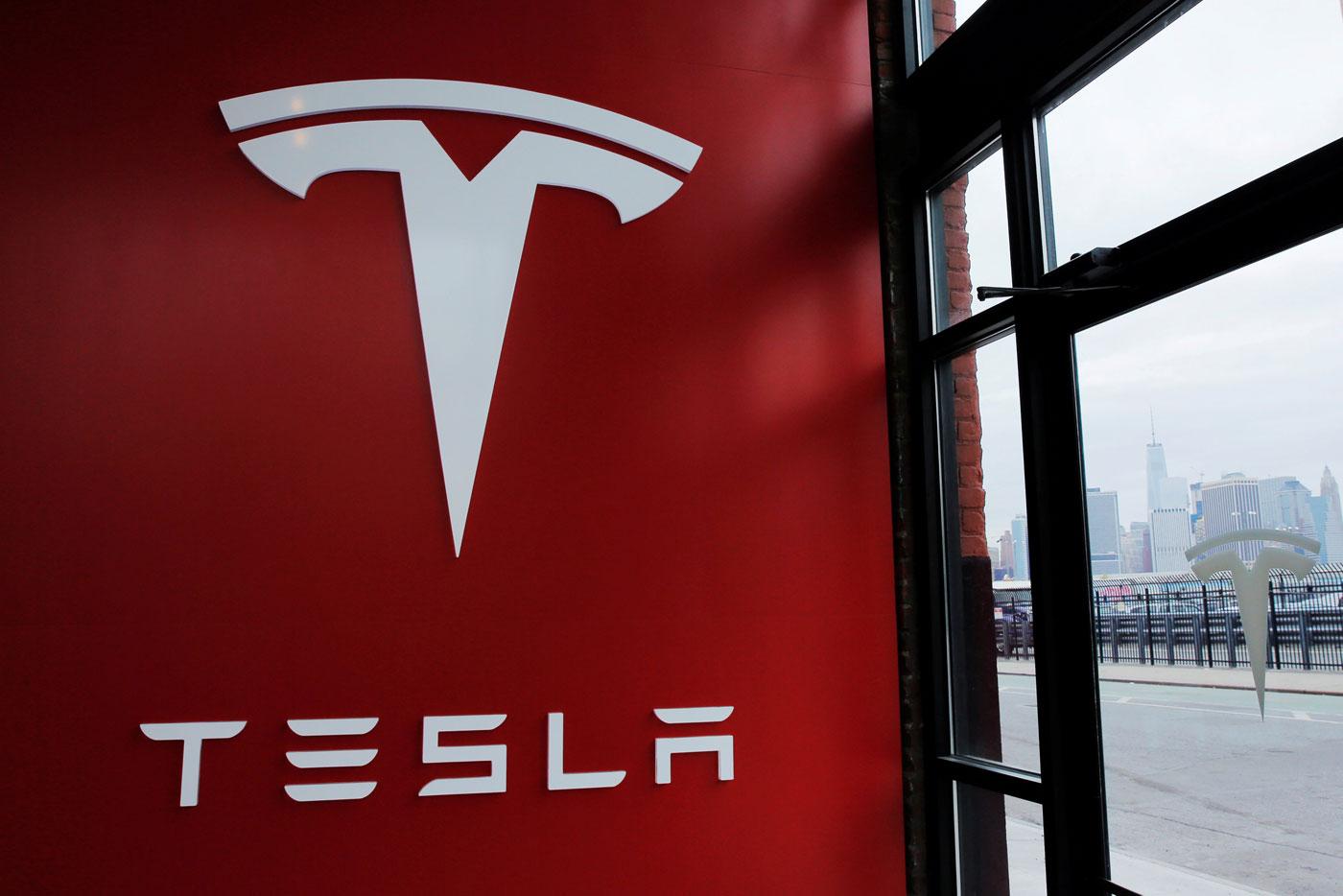
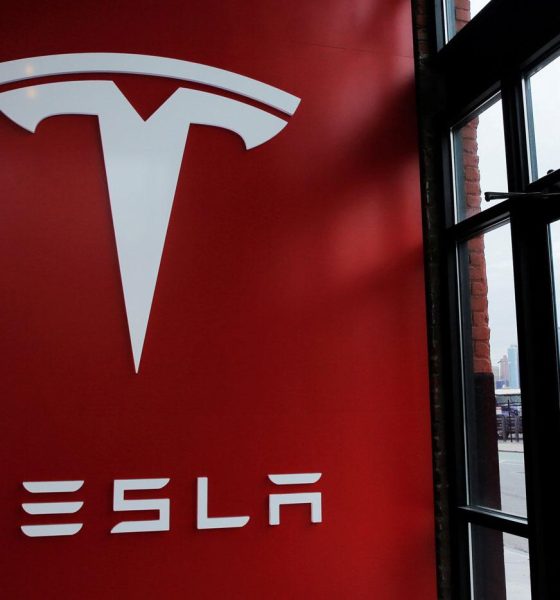
Energy
Tesla hires former White House official to lead Gov’t Relations & Policy for North America
Recent reports have emerged stating that Tesla has hired White House veteran Alexandra Veitch as its new North American lead for government relations and policy. Veitch, who served as a Special Assistant to former US President Barack Obama in the past, is reportedly starting her employment in Tesla today.
News of Veitch’s appointment was reported by American political news agency Politico, which dubbed the White House veteran as an “Obama Alumni,” and more recently, the VP for government relations at CSRA, a tech contractor for the US government. Veitch’s LinkedIn page still does not indicate that she works for Tesla, but a quick look at her background and past employment suggests that she would be an excellent hire for the electric car maker and energy company.
Veitch describes herself in her LinkedIn profile as someone who has “extensive experience at the highest levels of both the legislative and executive branch.” Her more than ten years worth of experience on Capitol Hill is also emphasized.
Prior to her reported employment at Tesla, Veitch served as the VP of Government Relations for CSRA Inc. During her stay with the IT provider, she helped the company “refine and promote a unique public policy view for a new company, establishing CSRA as a leader on issues to include cybersecurity, IT modernization, and good government.”

Tesla reportedly welcomes White House veteran Alexandra Veitch as its new North American lead for government relations and policy. [Credit: LinkedIn]
Before joining CSRA Inc. on January 2017, Veitch served at the White House. From September 2015-January 2017, she worked as a Special Assistant to then-US President Barack Obama. According to Veitch’s LinkedIn profile, she “managed the President’s relationships with nearly 100 Members of Congress – both Democrats and Republicans, members of leadership, and Chairs and Ranking Members of committees – and represented his interests to legislative leaders.” She also served as the “subject matter expert within the White House on the legislative and oversight activities of the Energy and Commerce Committee, and the Transportation and Infrastructure Committee.”
Veitch was also employed as the Deputy Assistant Secretary of Legislative Affairs in the US Department of Homeland Security. She was also a Senior Advisor and Director of Speechwriting to US politician Nancy Pelosi for more than seven years, from August 2005 – December 2012.
Alexandra Veitch has a Bachelor of Arts in Diplomacy and Foreign Affairs from Miami University, Oxford, Ohio, where she graduated cum laude. She also has a Masters in International Studies from the University of Sydney, Australia.
If Politico’s report proves accurate, Tesla would have gained a veteran in the government relations field with Veitch’s hiring. Her expertise, after all, would definitely come in handy, considering the circumstances surrounding the company. After all, while Tesla’s shares continue to rise in the stock market amid improvements in the Model 3 line, the company is still facing an investigation from the NTSB about a fatal Model X crash last month near Mountain View, CA, on top of an ongoing recall for the Model S. If Veitch’s background is any indication, however, Tesla’s government relations and policy would now be led by very experienced hands.

Energy
Tesla meets Giga New York’s Buffalo job target amid political pressures
Giga New York reported more than 3,460 statewide jobs at the end of 2025, meeting the benchmark tied to its dollar-a-year lease.
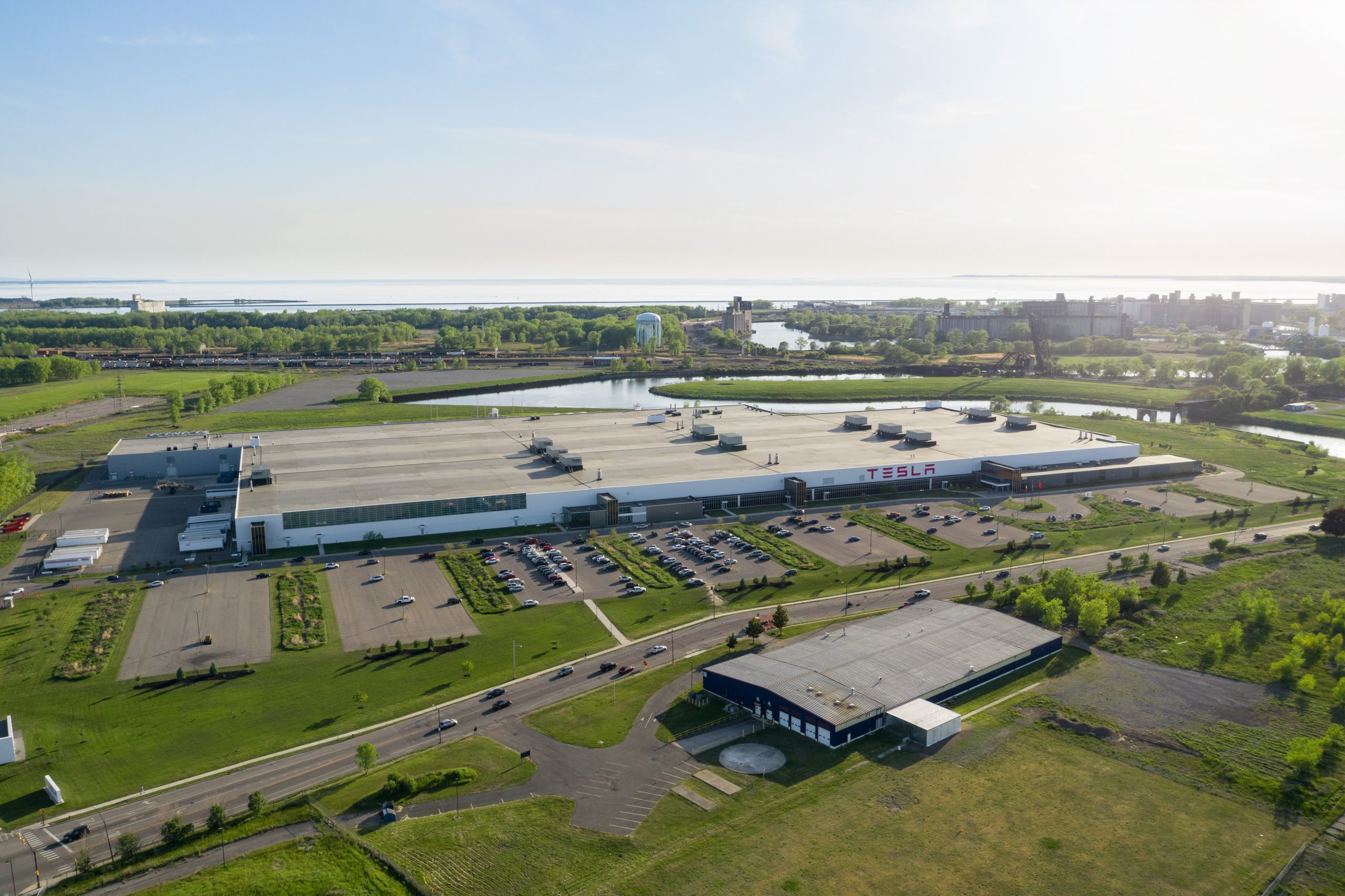
Tesla has surpassed its job commitments at Giga New York in Buffalo, easing pressure from lawmakers who threatened the company with fines, subsidy clawbacks, and dealership license revocations last year.
The company reported more than 3,460 statewide jobs at the end of 2025, meeting the benchmark tied to its dollar-a-year lease at the state-built facility.
As per an employment report reviewed by local media, Tesla employed 2,399 full-time workers at Gigafactory New York and 1,060 additional employees across the state at the end of 2025. Part-time roles pushed the total headcount of Tesla’s New York staff above the 3,460-job target.
The gains stemmed in part from a new Long Island service center, a Buffalo warehouse, and additional showrooms in White Plains and Staten Island. Tesla also said it has invested $350 million in supercomputing infrastructure at the site and has begun manufacturing solar panels.
Empire State Development CEO Hope Knight said the agency was “very happy” with Giga New York’s progress, as noted in a WXXI report. The current lease runs through 2029, and negotiations over updated terms have included potential adjustments to job requirements and future rent payments.
Some lawmakers remain skeptical, however. Assemblymember Pat Burke questioned whether the reported job figures have been fully verified. State Sen. Patricia Fahy has also continued to sponsor legislation that would revoke Tesla’s company-owned dealership licenses in New York. John Kaehny of Reinvent Albany has argued that the project has not delivered the manufacturing impact originally promised as well.
Knight, for her part, maintained that Empire State Development has been making the best of a difficult situation.
“(Empire State Development) has tried to make the best of a very difficult situation. There hasn’t been another use that has come forward that would replace this one, and so to the extent that we’re in this place, the fact that 2,000 families at (Giga New York) are being supported through the activity of this employer. It’s the best that we can have happen,” the CEO noted.
Energy
Tesla launches Cybertruck vehicle-to-grid program in Texas
The initiative was announced by the official Tesla Energy account on social media platform X.
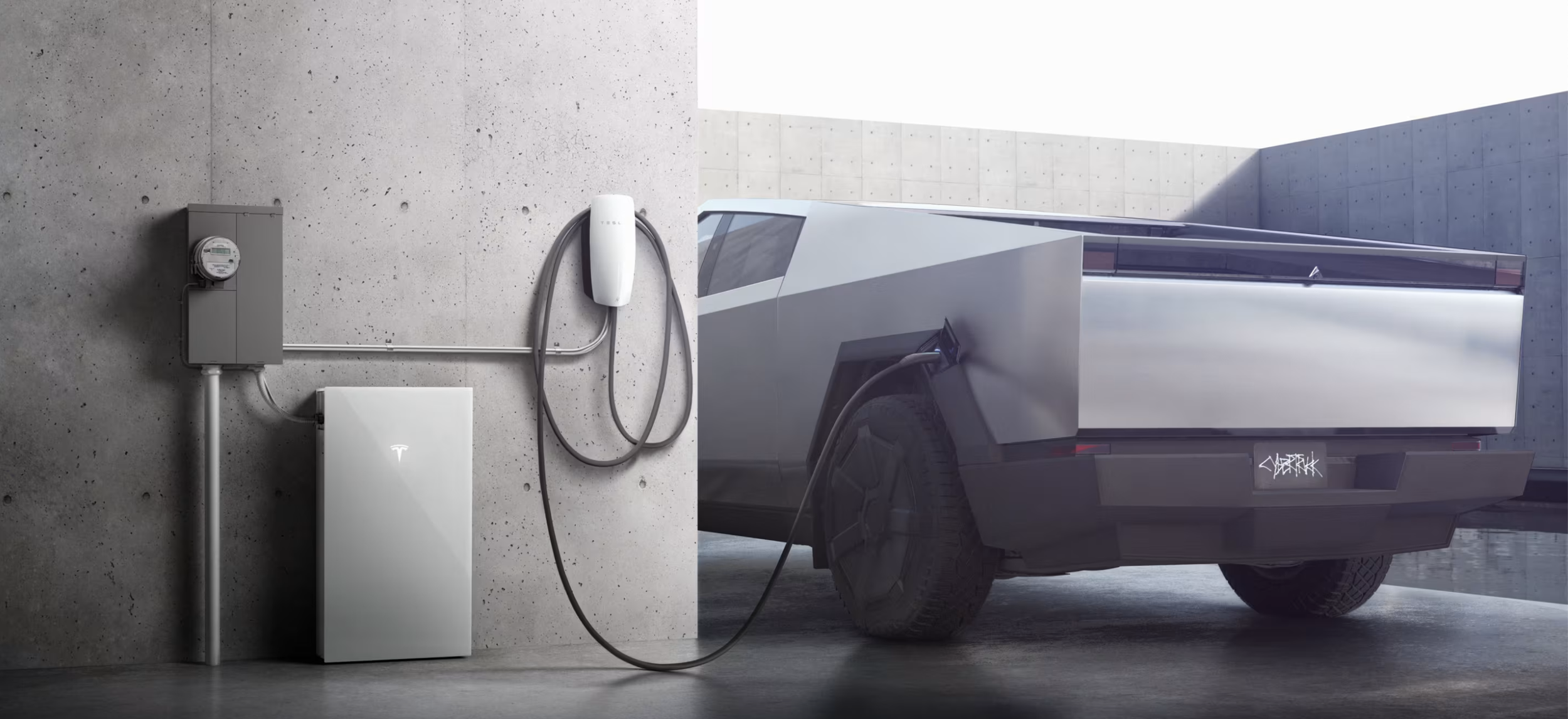
Tesla has launched a vehicle-to-grid (V2G) program in Texas, allowing eligible Cybertruck owners to send energy back to the grid during high-demand events and receive compensation on their utility bills.
The initiative, dubbed Powershare Grid Support, was announced by the official Tesla Energy account on social media platform X.
Texas’ Cybertruck V2G program
In its post on X, Tesla Energy confirmed that vehicle-to-grid functionality is “coming soon,” starting with select Texas markets. Under the new Powershare Grid Support program, owners of the Cybertruck equipped with Powershare home backup hardware can opt in through the Tesla app and participate in short-notice grid stress events.
During these events, the Cybertruck automatically discharges excess energy back to the grid, supporting local utilities such as CenterPoint Energy and Oncor. In return, participants receive compensation in the form of bill credits. Tesla noted that the program is currently invitation-only as part of an early adopter rollout.
The launch builds on the Cybertruck’s existing Powershare capability, which allows the vehicle to provide up to 11.5 kW of power for home backup. Tesla added that the program is expected to expand to California next, with eligibility tied to utilities such as PG&E, SCE, and SDG&E.
Powershare Grid Support
To participate in Texas, Cybertruck owners must live in areas served by CenterPoint Energy or Oncor, have Powershare equipment installed, enroll in the Tesla Electric Drive plan, and opt in through the Tesla app. Once enrolled, vehicles would be able to contribute power during high-demand events, helping stabilize the grid.
Tesla noted that events may occur with little notice, so participants are encouraged to keep their Cybertrucks plugged in when at home and to manage their discharge limits based on personal needs. Compensation varies depending on the electricity plan, similar to how Powerwall owners in some regions have earned substantial credits by participating in Virtual Power Plant (VPP) programs.
Cybertruck
Tesla updates Cybertruck owners about key Powershare feature
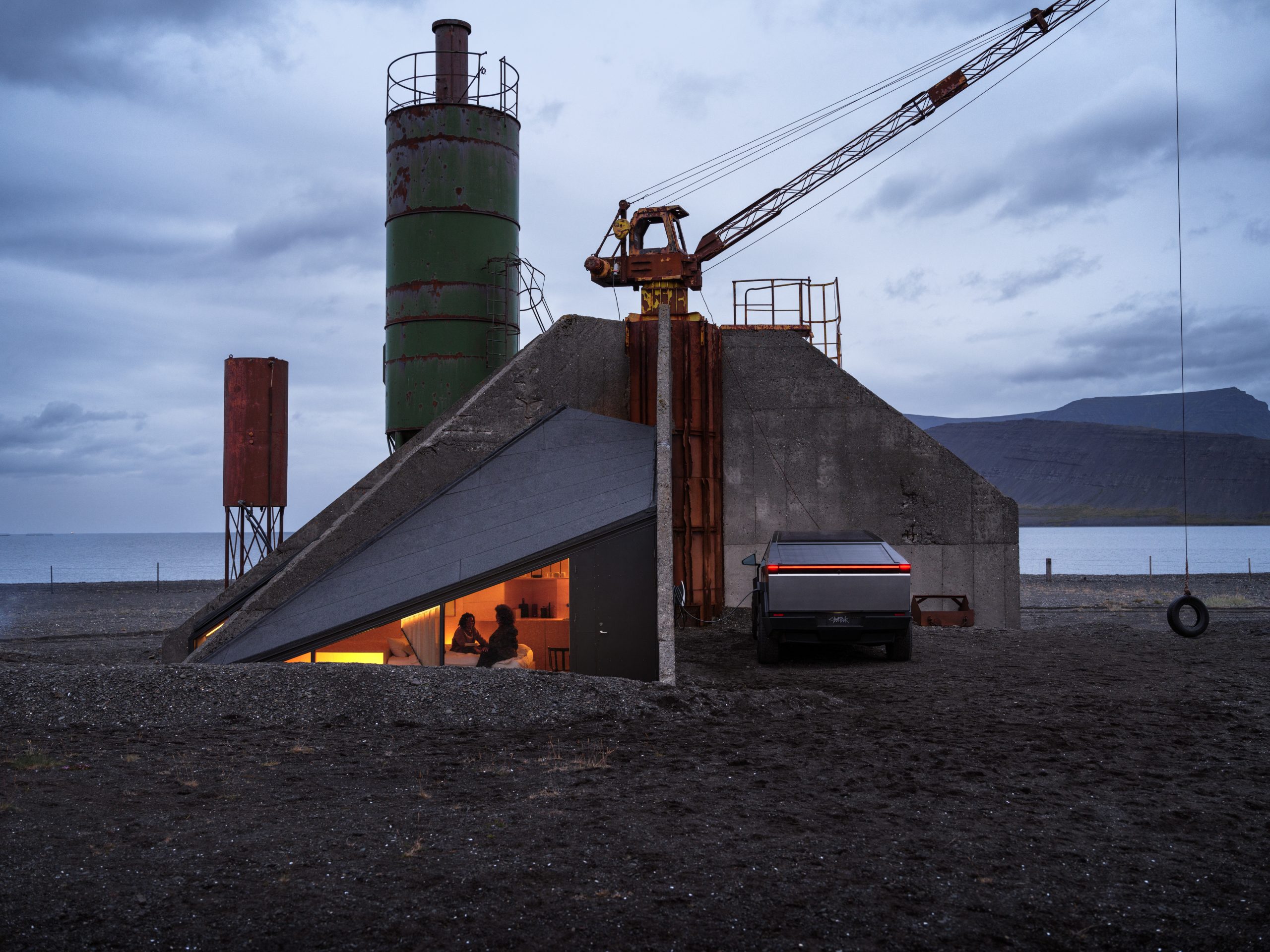
Tesla is updating Cybertruck owners on its timeline of a massive feature that has yet to ship: Powershare with Powerwall.
Powershare is a bidirectional charging feature exclusive to Cybertruck, which allows the vehicle’s battery to act as a portable power source for homes, appliances, tools, other EVs, and more. It was announced in late 2023 as part of Tesla’s push into vehicle-to-everything energy sharing, and acting as a giant portable charger is the main advantage, as it can provide backup power during outages.
Cybertruck’s Powershare system supports both vehicle-to-load (V2L) and vehicle-to-home (V2H), making it flexible and well-rounded for a variety of applications.
However, even though the feature was promised with Cybertruck, it has yet to be shipped to vehicles. Tesla communicated with owners through email recently regarding Powershare with Powerwall, which essentially has the pickup act as an extended battery.
Powerwall discharge would be prioritized before tapping into the truck’s larger pack.
However, Tesla is still working on getting the feature out to owners, an email said:
“We’re writing to let you know that the Powershare with Powerwall feature is still in development and is now scheduled for release in mid-2026.
This new release date gives us additional time to design and test this feature, ensuring its ability to communicate and optimize energy sharing between your vehicle and many configurations and generations of Powerwall. We are also using this time to develop additional Powershare features that will help us continue to accelerate the world’s transition to sustainable energy.”
Owners have expressed some real disappointment in Tesla’s continuous delays in releasing the feature, as it was expected to be released by late 2024, but now has been pushed back several times to mid-2026, according to the email.
Foundation Series Cybertruck buyers paid extra, expecting the feature to be rolled out with their vehicle upon pickup.
Cybertruck’s Lead Engineer, Wes Morrill, even commented on the holdup:
As a Cybertruck owner who also has Powerwall, I empathize with the disappointed comments.
To their credit, the team has delivered powershare functionality to Cybertruck customers who otherwise have no backup with development of the powershare gateway. As well as those with solar…
— Wes (@wmorrill3) December 12, 2025
He said that “it turned out to be much harder than anticipated to make powershare work seamlessly with existing Powerwalls through existing wall connectors. Two grid-forming devices need to negotiate who will form and who will follow, depending on the state of charge of each, and they need to do this without a network and through multiple generations of hardware, and test and validate this process through rigorous certifications to ensure grid safety.”
It’s nice to see the transparency, but it is justified for some Cybertruck owners to feel like they’ve been bait-and-switched.








